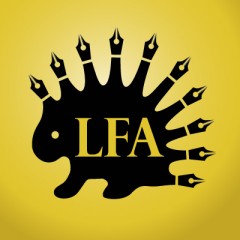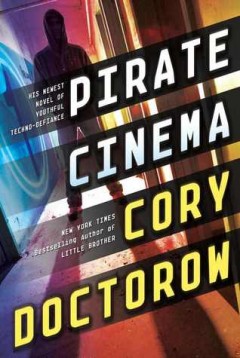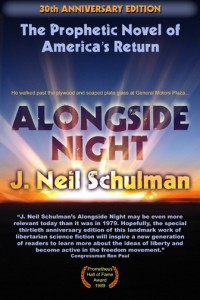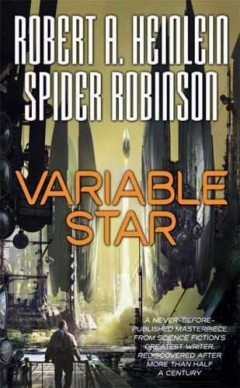Prometheus Unbound has been on unannounced hiatus for a while now. We’ve all been rather busy with work and family and other projects. But I will be reviving it and the podcast. Reviving the site and keeping it going will of course be easier if we have more contributors, so if you’re interested in publishing news, reviews, articles, interviews, and the like on Prometheus Unbound, please contact me.
The main subject of this post, however, is one of the other projects that has been occupying my attention. I recently launched, in November 2013, the Libertarian Fiction Authors Association.
If you’re like me, you enjoy reading fiction but have a difficult time finding stories that truly reflect your values and interests. This discovery problem affects everyone, but is particularly acute for niche markets like ours. There are individuals and organizations (including Amazon) attempting to solve the problem for authors and readers in general, but no one was really catering to libertarians specifically. Even Prometheus Unbound cannot provide the solution: it’s primarily about providing a libertarian perspective on the fiction that interests us, particularly science fiction and fantasy, much of which is not produced by libertarians.
How many libertarians out there have published fiction? How many more are aspiring authors, who are either writing their first novel or are thinking about it but need some encouragement and guidance? I had no idea, but I was sure there were far more than I knew about personally.
As an activist, I also think that dramatizing our values through fiction is an important way to spread the message of liberty.
As an aspiring fiction author myself, I wanted to form a group made up of fellow libertarian writers who could learn from, encourage, and push each other to accomplish their goals and continually reach for new heights — and, eventually, to get my stories into the hands of new readers.
















